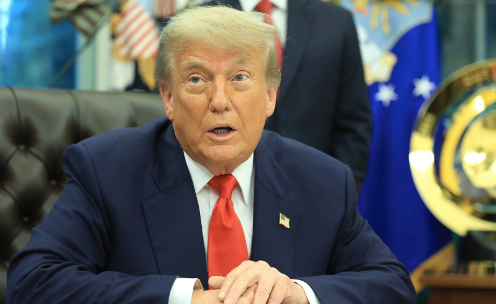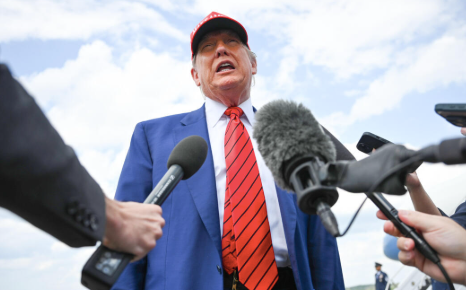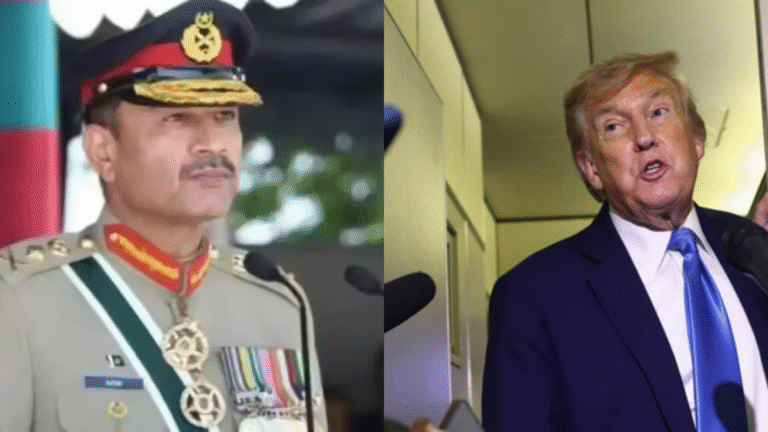
29 April, OTTAWA: Mark Carney’s Liberal Party has secured a projected win in Canada’s federal election, according to Canadian media, ushering in a fourth consecutive government amid rising tensions with the United States. Though a News channel reports it’s too early to confirm whether the result is a minority or majority government, Conservative leader Pierre Poilievre has conceded, acknowledging a “razor-thin minority.”
Carney, 60, stepped into the political arena just months ago after a successful career in global finance. He took the reins of the Liberal Party in March, following Justin Trudeau’s resignation, and transformed the election into a high-stakes referendum on Canadian sovereignty in the face of escalating trade hostilities from U.S. President Donald Trump.
Trump’s aggressive move to slap 25% tariffs on Canadian steel, aluminum, automobiles, and other exports, coupled with inflammatory rhetoric about annexing Canada as “the 51st state,” fueled a wave of nationalist sentiment. Carney seized on this, vowing to defend Canada’s economic independence and national pride.
“I reject any attempts to weaken Canada,” Carney said in March. “We are masters in our own home.”
Carney’s campaign focused on rebuilding domestic capacity, promising new homes, factories, and energy infrastructure to reduce reliance on U.S. trade. He has also begun shifting Canada’s international focus, meeting with European leaders to deepen military and economic ties.
Despite lacking previous political experience, Carney’s credentials, including his leadership during the 2008 financial crisis and Brexit as former governor of the Bank of England, positioned him as a stabilizing force. He acknowledged tough times ahead but assured Canadians he has the tools to steer the country through a turbulent period.
“In a crisis, it’s important to come together and act with purpose,” Carney said.
Opposition leader Poilievre pledged cooperation in the face of U.S. aggression: “We will always put Canada first as we stare down tariffs and other irresponsible threats from President Trump.”
The results mark a political realignment as Canadians rally around economic resilience and sovereignty in an increasingly volatile geopolitical climate.




